Featured Articles
-
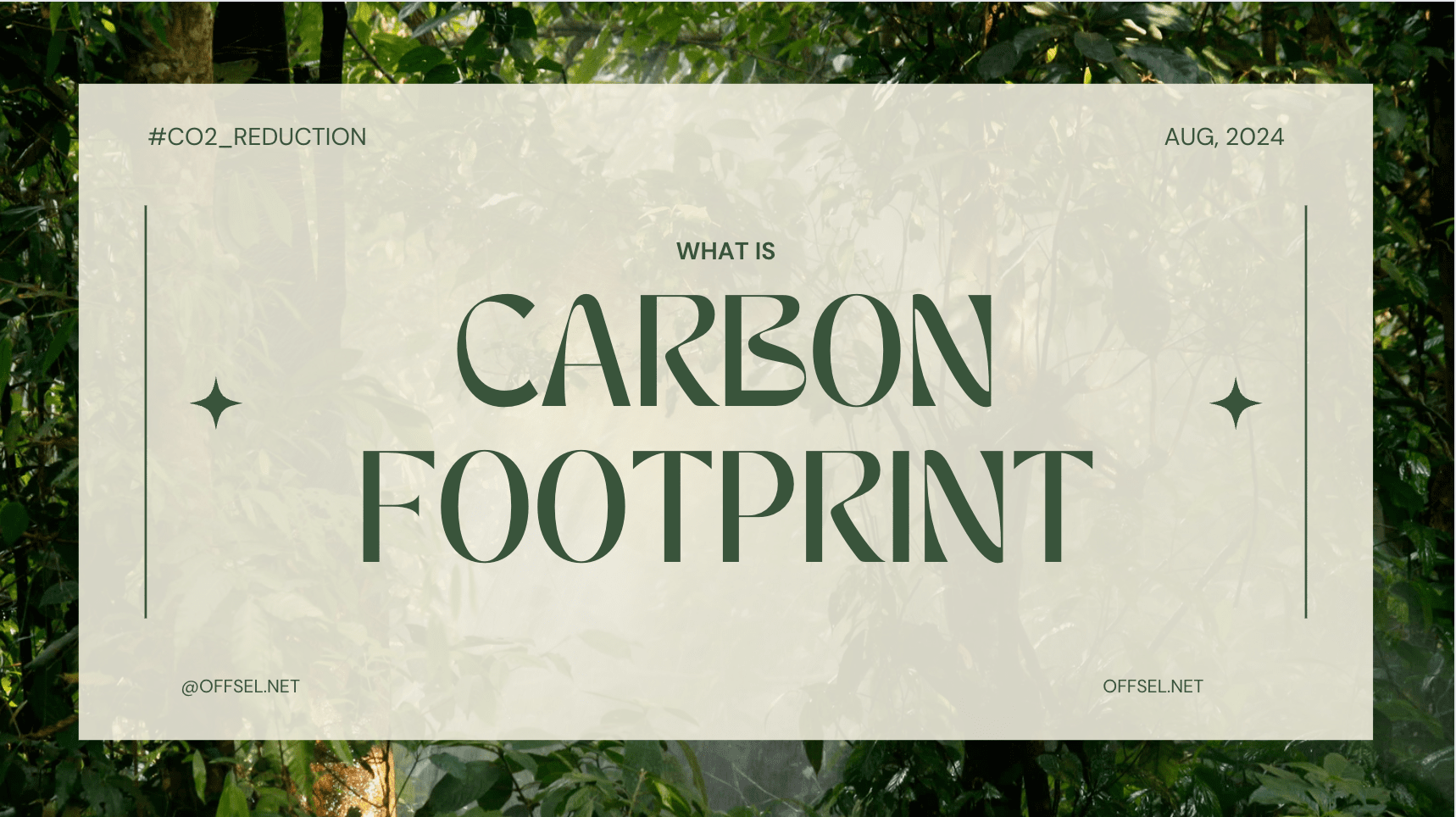
CO2-reduction Explaining the Definition of A Carbon Footprint A Carbon Footprint is utilized to reduce greenhouse gas emissions. This article provides an in-depth exploration of Carbon Footpri…
-
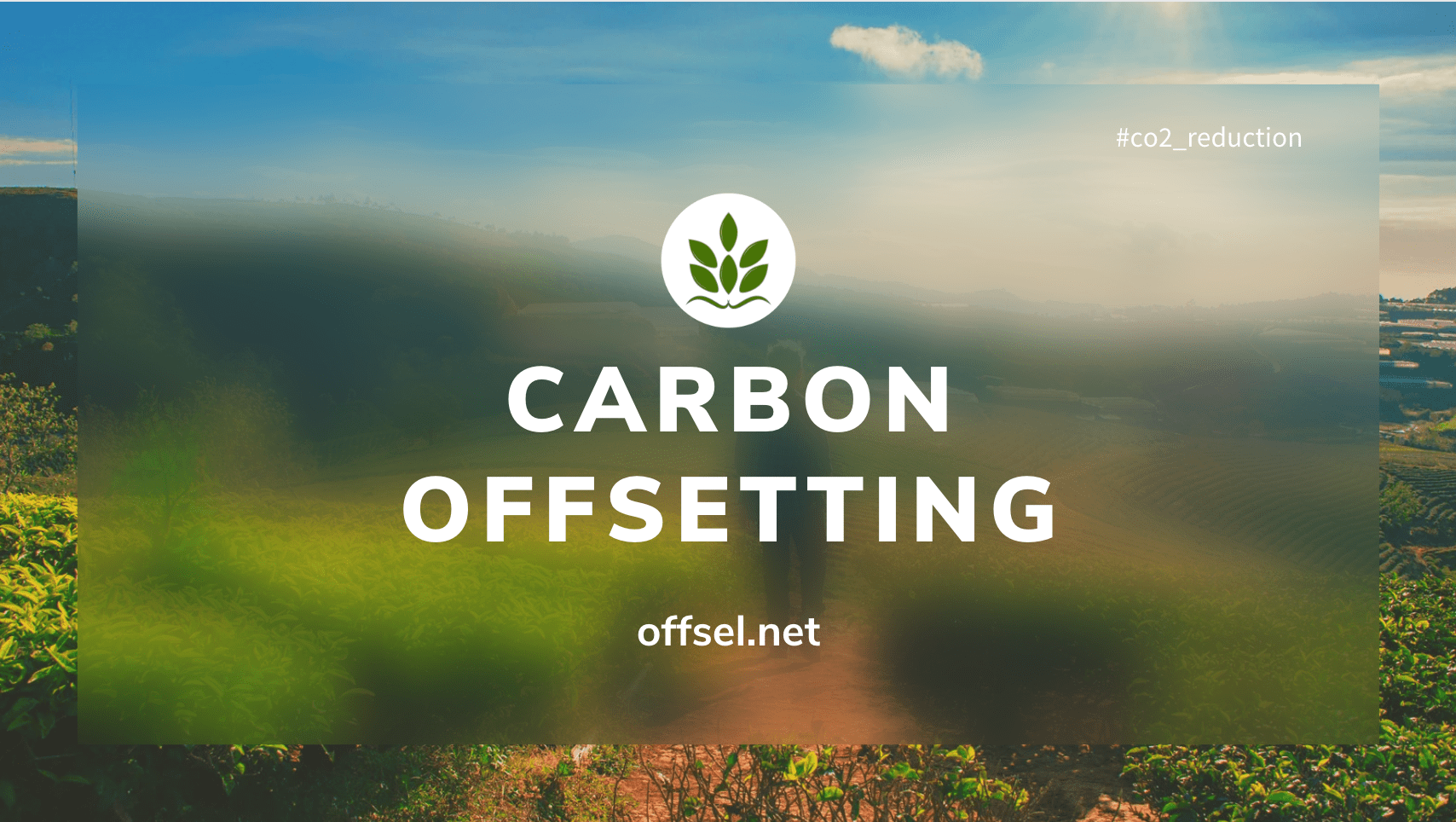
CO2-reduction What does “Carbon Offsetting” mean? What is the meaning of "Carbon Offsetting"? The term “Carbon offsetting” (or simply “offset credit”) refers to the efforts m…
-
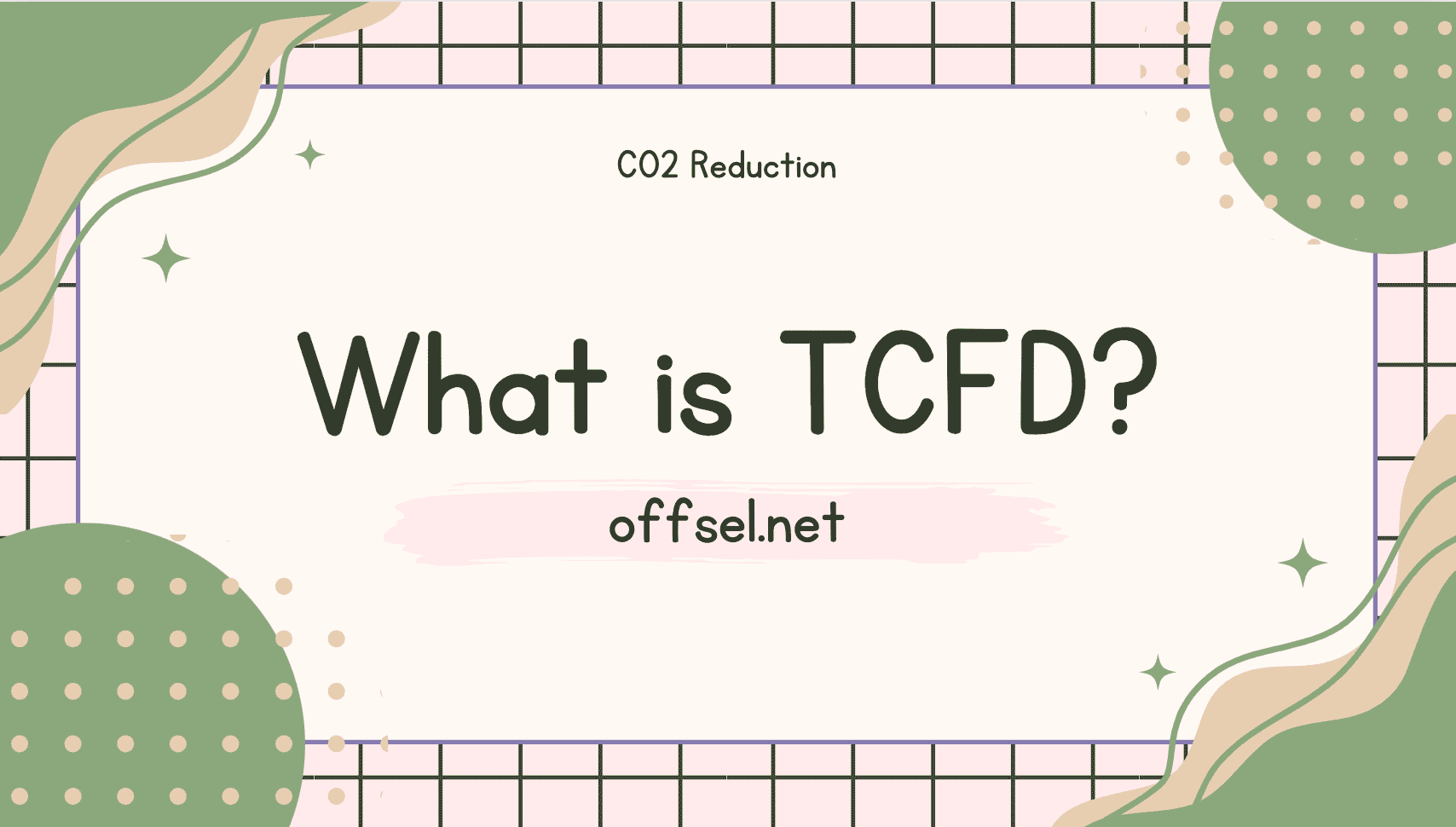
CO2-reduction What is TCFD (Task Force on Climate-related Financial Disclosures)? What does TCFD stand for? TCFD ( Task force on Climate-related Financial Disclosures) is an internationally organized group d…
-
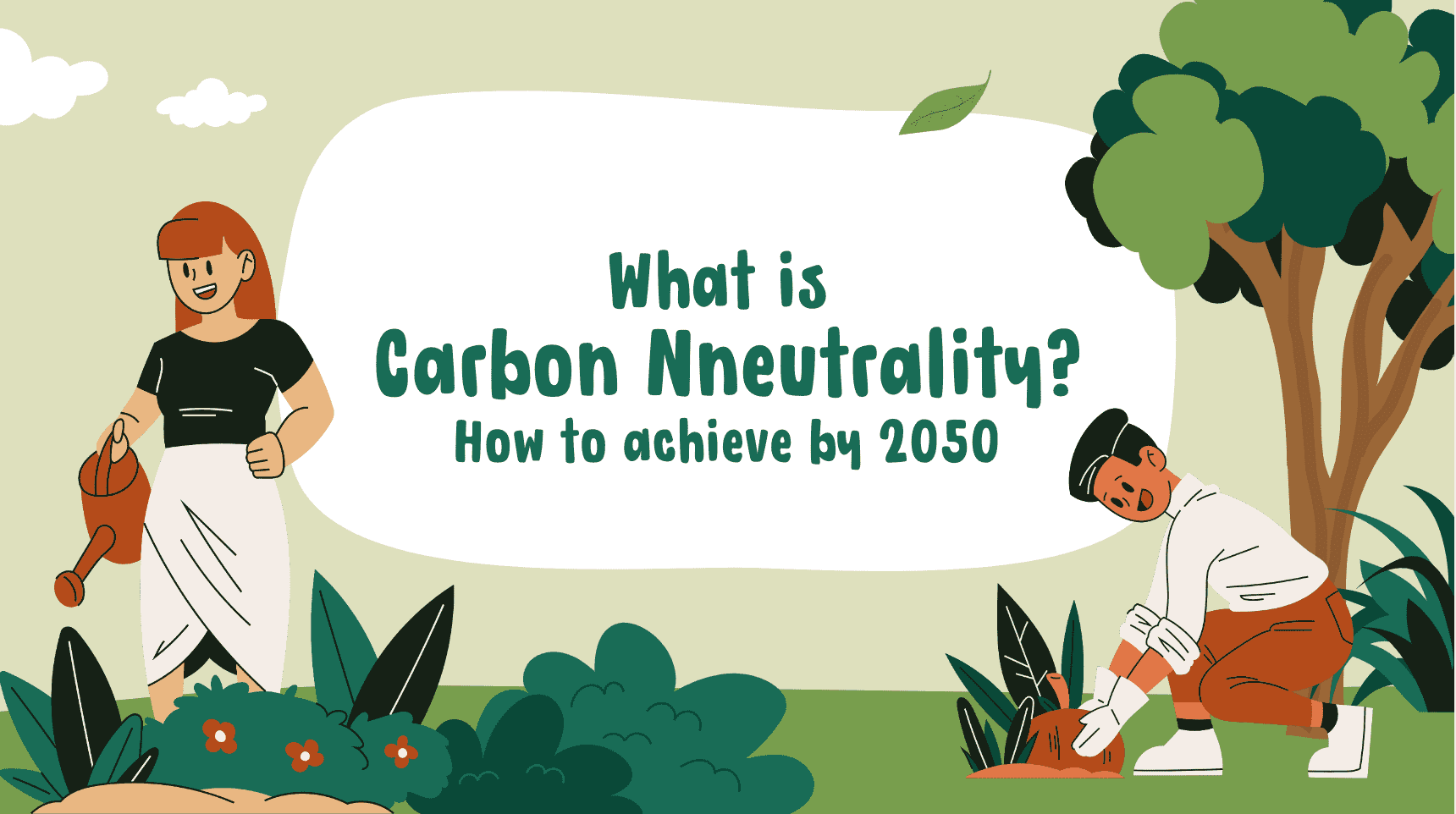
CO2-reduction A guide of Carbon Neutrality – How can it be achieved by 2050? Strategies to achieve substantial net zero greenhouse gas emissions, known as carbon neutrality, are gaining momentum worldwide. …
Discover more
Popular quick links
Latest Articles
-
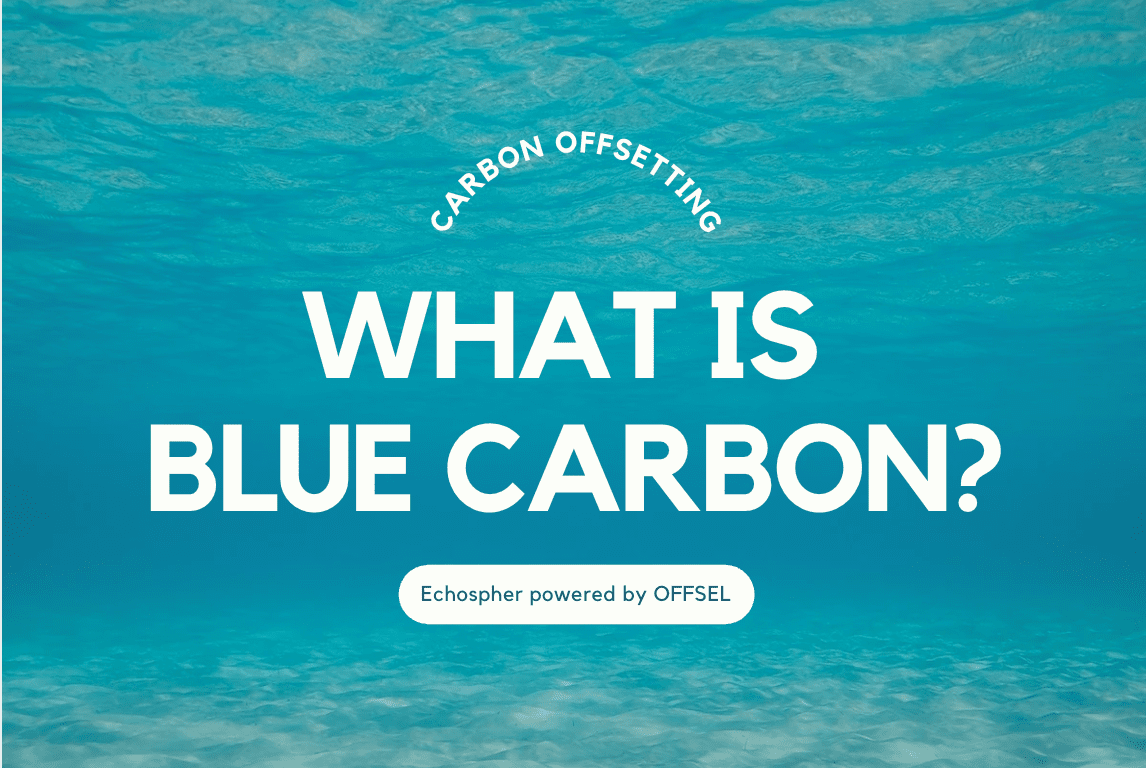
CO2-reduction What is the Blue Carbon? The Importance of the System, and Pros and Cons In recent years, the term "Blue Carbon" has gained prominence as a crucial aspect of addressing clim…
-
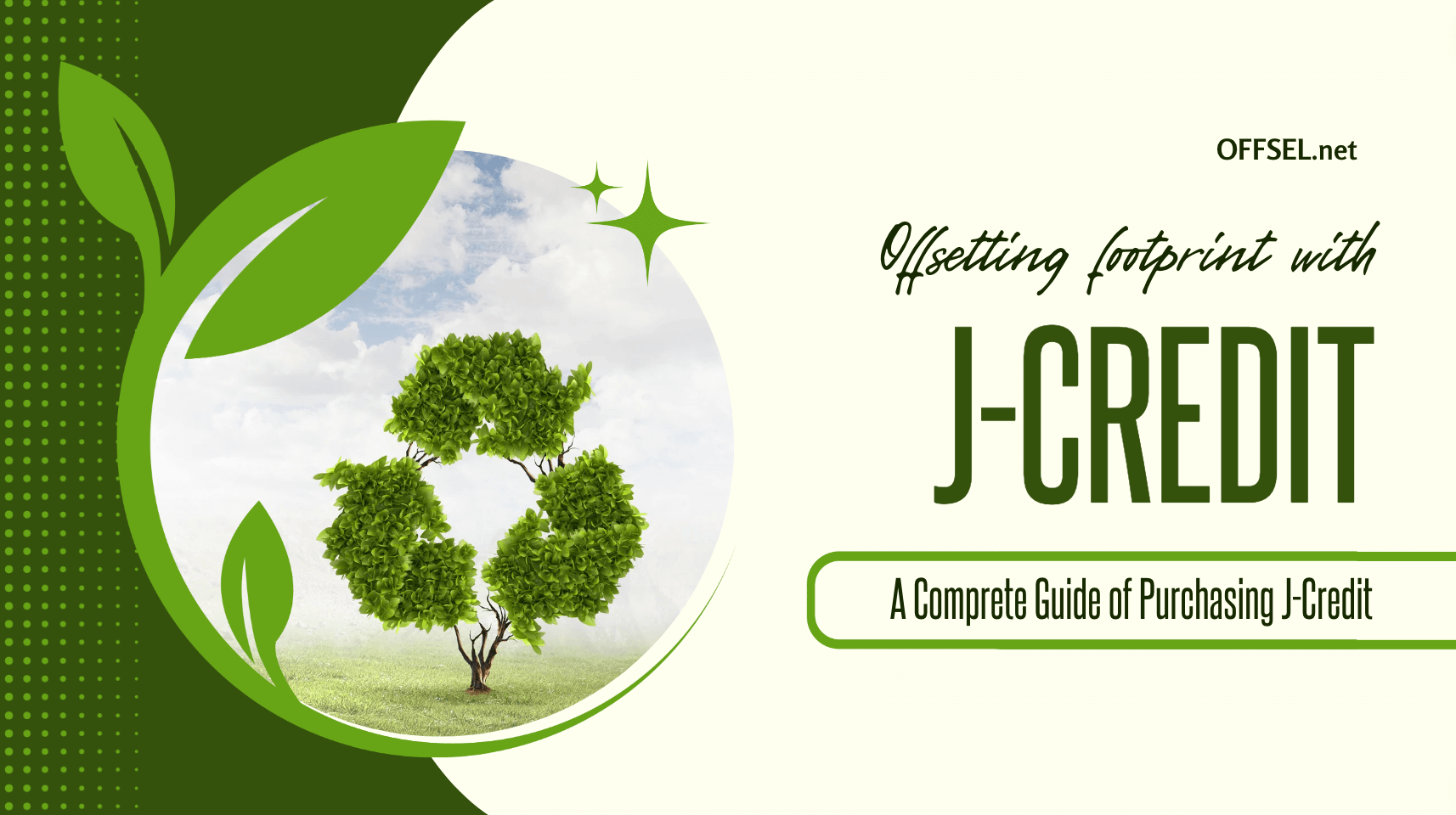
CO2-reduction J-Credit Scheme Explained: How Does it Work and What Are the Benefits? As the world actively seeks solutions to stop global warming, "carbon pricing" has emerged as a note…
-

CO2-reduction Summery of the Paris Agreement What is the Paris Agreement? The Paris Agreement that indicates a framework for reduction of greenh…
-

CO2-reduction Explaining the Definition of A Carbon Footprint A Carbon Footprint is utilized to reduce greenhouse gas emissions. This article provides an in-depth…
-

CO2-reduction What does “Carbon Offsetting” mean? What is the meaning of "Carbon Offsetting"? The term “Carbon offsetting” (or simply “offset cre…
-

CO2-reduction What is TCFD (Task Force on Climate-related Financial Disclosures)? What does TCFD stand for? TCFD ( Task force on Climate-related Financial Disclosures) is an int…




